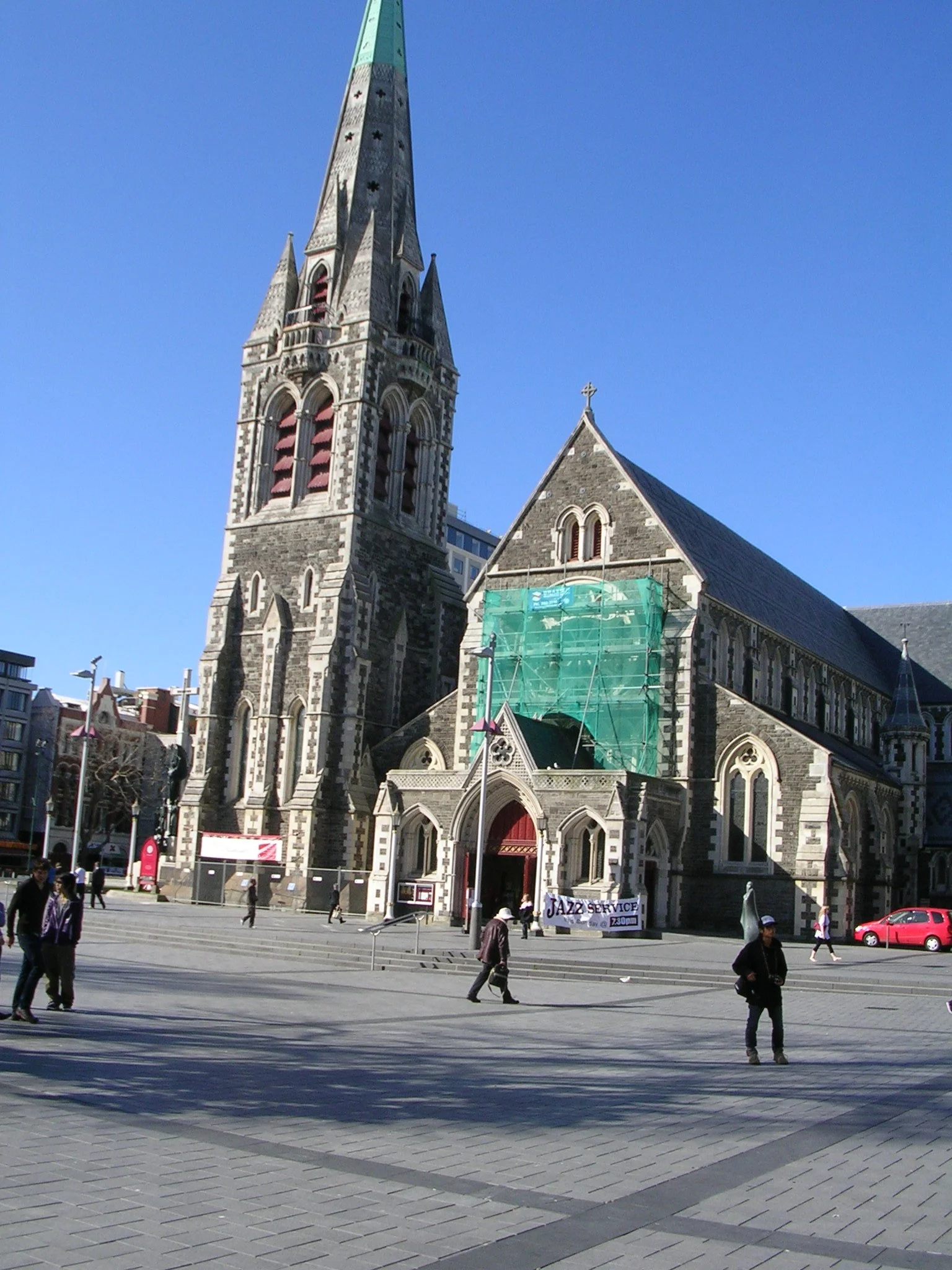About Erik
I grew up in the beautiful medieval city of Deventer, the Netherlands, with its landscape dominated by the beautiful IJssel River and the magnificent 15th century Lebuïnus church tower.
I studied astronomy at the University of Groningen, obtaining my master's degree and subsequently a teaching licence in physics. After graduating, I worked for a few years as a staff scientist at TNO Institute for Applied Physics. I worked on the calibration of the Ozone Monitoring Instrument, which was launched in 2004 on NASA's EOS Aura satellite.
In 2003, I found a way to combine my love of astronomy and education. I moved to the University of Arizona in Tucson, USA, to pursue a PhD in astronomy education. I became intrigued with the pedagogical and psychological reasoning behind why people teach in the way that they do, and how masters of a craft become teachers of the craft. This became a driving question in my academic career. I obtained my PhD in Teaching & Teacher Education, with a minor in Educational Psychology in 2009.
I moved to Christchurch, Aotearoa New Zealand to take up a lectureship in educational development at the University of Canterbury. My research focused on how people teach and learn in higher education. A large part of the role was supporting other lecturers, programmes, and faculties on teaching and learning. Being the university’s sole educational developer between 2012 and 2021, I gained deep knowledge and skills in all areas of the university's academic processes. While at the University of Canterbury, I completed a Postgraduate Certificate in Strategic Leadership, and a Postgraduate Diploma Science in Industrial and Organisational Psychology.
My work in development and my leadership in the area have been recognised internationally. I am a Senior Fellow of AdvanceHE, a Fellow of the Higher Education Research and Development Society of Australasia, and a Senior Fellow of the Staff and Educational Development Association. I'm currently the only person in Aotearoa New Zealand recognised by all three of these professional organisations simultaneously. In 2020, I received the HERDSA-TERNZ Research Medal for my contributions to research and service in higher education in Aotearoa New Zealand.
I established E3 Consulting in 2025 to make an impact for people and organisations. I retain an appointment at the University of Canterbury as an Adjunct Associate Professor in the School of Psychology, Speech, and Hearing, where I work closely with the colleagues in Industrial and Organisational Psychology.
Deventer skyline
Photo credit: Nicoline Hoekstra
Christchurch Cathedral, 2009



